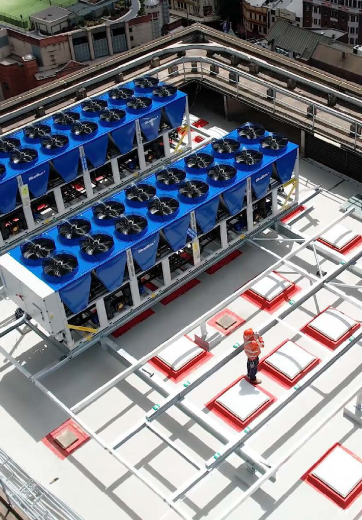What ESG progress means for investors
Increasingly, ESG reporting is being used by investors as another way to track an organisation’s activities and keep businesses accountable for their actions. Some investors use ESG results to determine poor performers, associating the factors that cause companies to receive low ESG ratings with weak financial results; some investors seek out high ESG performers, expecting exemplary ESG outcomes to drive superior financial results.
ESG reports are a key source of ESG performance information relied on by investors and stakeholders to make informed decisions about an organisation’s impacts. Investor and stakeholder expectations around ESG disclosure are increasing and reporting standards are rising to respond to that expectation.
Indeed, the term “ESG” was first mentioned in the United Nations Global Compact “Who Cares Wins” report in 2004 and has now become synonymous with the ability to demonstrate good corporate citizenship. Industry trends, as well as independent studies, indicate that investors are now wanting to see tangible ESG results.
A 2022 Ernst & Young Global Corporate Reporting Survey, released in November that year, found that 78% of investors want companies to focus on environmental, social, and governance activity, even if it hits short-term profits.
These days, a company’s risk profile is raised in the eyes of investors if it fails to consider ESG risks adequately and disclose its approach to them. Among other things, this makes it difficult for a company to access capital and can over time, render it ‘un-investable’ to investors, many of whom now have ESG or green mandates.
ESG and our tenants
As a commercial real estate investor and property manager, meeting the diverse needs of our tenants remains a high priority.
Through regular, ongoing engagement and detailed annual surveys, our tenants have outlined that helping meet their own ESG requirements and ambitions needs to be a key priority for Cromwell as the building owner. By helping meet these needs, we significantly increase tenant retention across our portfolio – and attract new long-term blue-chip tenants.
Cromwell’s October 2023 Tenant Satisfaction Survey Portfolio results showed that 66% of respondents rate sustainability as important or very important in their organisation’s decision to lease; and almost 60% of respondents are already at net zero, considering net zero, or already working to become net zero organisations.
For instance, over the past 12-24 months, state and federal government departments have put increased emphasis on restricting leasing properties that can’t demonstrate a credible net zero pathway for the building.
With government tenants making up a significant percentage of our Australian leasing pool, Cromwell has committed to ensuring that we take necessary steps in improving our ESG performance to retain these crucial tenants.
In this way, we satisfy current tenant needs – and future-proof existing buildings – to increase tenant retention, improved rental yields, and deliver for our investors.



